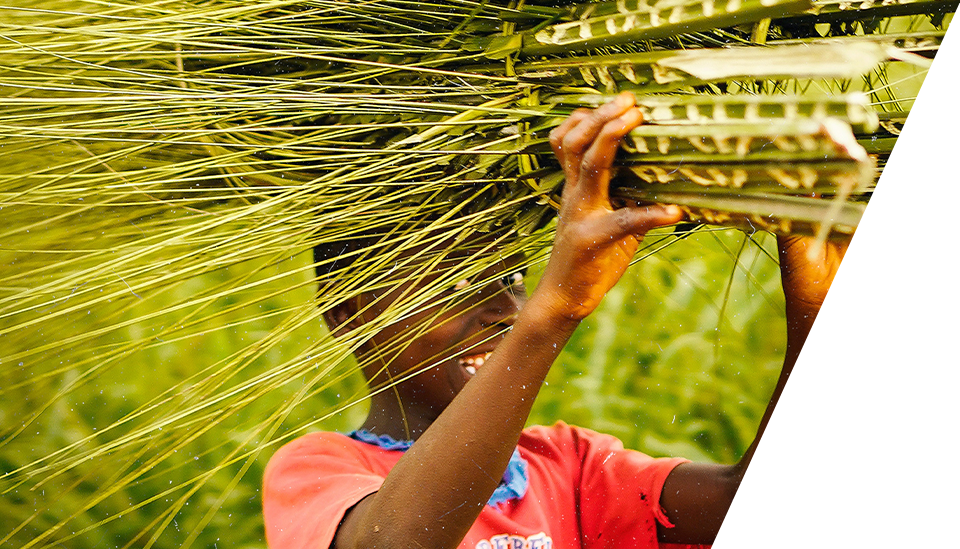Transferring Technology and Financing to African Farmers
I attended many sessions at the Africa Regional Biotech conference. Here are a few that really caught my attention:
At the Second Plenary Session (High Level Segment), it was stressed that agricultural production is declining in Africa. Adoption of Agricultural Biotechnology could change this situation; for that reason, it is necessary to have direct capacity-building for Agricultural Biotechnology in Africa.
At the same sitting, Mr. Malu Davi of the International Fund for Agricultural Development (IFAD) gave an encouraging insight on their activities. He explained that IFAD funds smallholder farms, which is important because the majority of African farmers are small scale farmers. He went on to explain that 70% of Africa’s landmass is farmable with either rainfed or irrigated agriculture. IFAD provides funding through loans and has now introduced non-lending funding, so as to help increase incomes of smallholder farmers. My take on this is that innovative financing and capacity-building should be explored further as important parks of the adoption of agricultural technology and biotechnology.
Another session, entitled “Capacity, knowledge and reaching farmers regarding Agricultural Biotechnologies,” it was discussed that there are many challenges in farming due to pests and diseases such as fungi, bacteria and viruses in crops. These difficulties can be controlled through agricultural biotechnology, as proven through research by Government Research Institutions. There is a need for research findings such as these to be effectively communicated and implemented by farmers throughout the African continent.
At the Fourth Plenary Session, Dr. S.R. Moephuli of the Agricultural Research Council in South Africa explained that their research is farmer need-driven. In my opinion, this should be replicated in all of Africa: progress should start with identifying farmers’ needs and conducting scientific research based on their needs. In the same session, a farmer representative from Gambia gave a talk indicating that not very much awareness of biotechnology has been created among the small-scale farmers in that country. This tells me that the level of understanding of the subject differs in different African countries, and there is need to harmonise.
The contribution of Stephen Omondi of the Kenya Forest Research Institute (KEFRI) at the third parallel session caught my interest. He presented on a drought-tolerant tree species called Melia Volkensii. This is a species they have developed that is both resistant to drought, fast-growing, and a good source of high-quality timber. Forests have been greatly depleted on the continent and this tree, also known as mukau in the local language, would go a long way in the fight for reforestation. I am following up with Dr. Omondi to see if we can introduce this to our farmers.
In reflecting on the FAO Addis Ababa meeting, it seems obvious to me that although there is a lot of information regarding the benefits of technology to agriculture, not enough effort has been exerted to transfer that information to ordinary farmers, who will eventually be the users of the technology for food sufficiency in Africa.
– Gideon Mugo Makanga, Integrated Community Organisation for Sustainable Empowerment and Education for Development (ICOSEED), Kenya
This reflection is one in a series written by participants of the FAO Regional Biotech Conference for Africa held in Addis Ababa on November 22-24, 2017.

